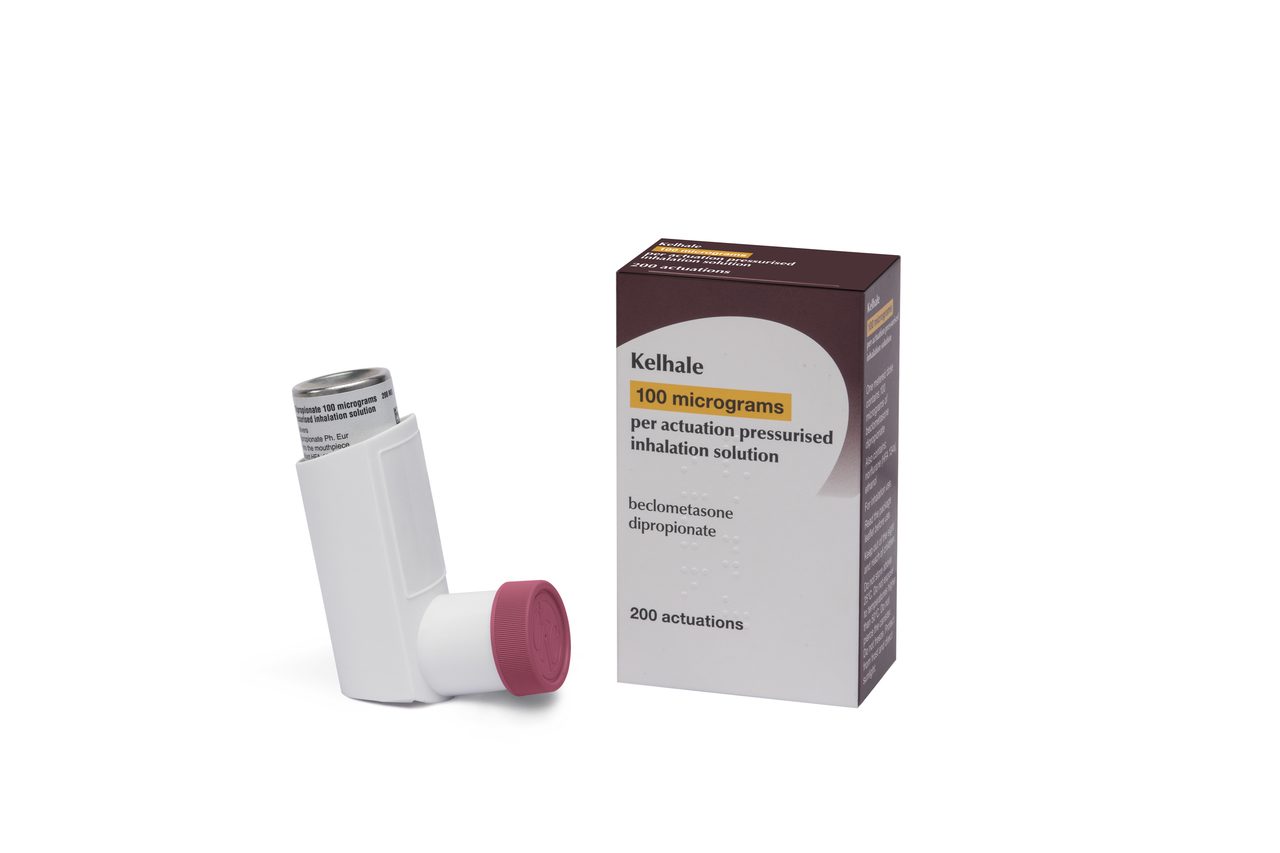Hernia Surgery Recovery Time

Hernia surgery is a common medical procedure that involves repairing a hernia, which occurs when an organ or tissue bulges through a weakened area in the muscle or connective tissue that normally holds it in place. The recovery time for hernia surgery can vary depending on the type of hernia, the surgical approach used, and the individual's overall health. In this article, we will delve into the specifics of hernia surgery recovery time, exploring the factors that influence the recovery process, the different types of hernia surgery, and the postoperative care and management strategies that can help minimize complications and promote a smooth recovery.
Key Points
- The average recovery time for open hernia repair is 2-4 weeks, while laparoscopic hernia repair can have a recovery time of 1-2 weeks.
- The type of hernia, such as inguinal, umbilical, or hiatal, can impact the recovery time and postoperative care.
- Adequate rest, pain management, and wound care are essential for a successful recovery.
- Postoperative complications, such as infection or recurrence, can occur and require prompt medical attention.
- A healthy diet, regular exercise, and stress management can help promote a smooth recovery and reduce the risk of complications.
Types of Hernia Surgery and Recovery Time

There are two main types of hernia surgery: open hernia repair and laparoscopic hernia repair. Open hernia repair involves making a single incision in the abdomen to access the hernia, while laparoscopic hernia repair involves making several small incisions and using a laparoscope to visualize the hernia. The recovery time for open hernia repair is typically longer than for laparoscopic hernia repair, with most patients able to return to normal activities within 2-4 weeks. Laparoscopic hernia repair, on the other hand, can have a recovery time of 1-2 weeks, with some patients able to return to work and other activities within a few days.
Factors Influencing Recovery Time
The recovery time for hernia surgery can be influenced by several factors, including the type of hernia, the size of the hernia, and the individual’s overall health. For example, patients with larger hernias or those who undergo open hernia repair may require a longer recovery time. Additionally, patients with underlying medical conditions, such as diabetes or heart disease, may require a longer recovery time due to the increased risk of complications.
| Type of Hernia | Average Recovery Time |
|---|---|
| Inguinal Hernia | 2-4 weeks |
| Umbilical Hernia | 1-3 weeks |
| Hiatal Hernia | 2-6 weeks |

Postoperative Care and Management

Adequate postoperative care and management are crucial for a successful recovery from hernia surgery. Patients should follow their doctor’s instructions for wound care, pain management, and activity level. It’s essential to avoid heavy lifting, bending, or strenuous activities for several weeks after surgery to prevent complications and promote healing. Additionally, patients should attend follow-up appointments with their doctor to monitor their progress and address any concerns or complications that may arise.
Pain Management and Wound Care
Pain management and wound care are critical components of postoperative care for hernia surgery. Patients may experience pain, discomfort, and swelling at the surgical site, which can be managed with pain medication and ice packs. It’s essential to keep the wound clean and dry to prevent infection and promote healing. Patients should also monitor their wound for signs of infection, such as redness, swelling, or discharge, and seek medical attention if they experience any of these symptoms.
Complications and Risks
As with any surgical procedure, there are risks and complications associated with hernia surgery. These can include infection, bleeding, and recurrence of the hernia. Patients should be aware of the potential risks and complications and seek medical attention if they experience any unusual symptoms or concerns. Additionally, patients should follow their doctor’s instructions for postoperative care and management to minimize the risk of complications and promote a smooth recovery.
What is the average recovery time for hernia surgery?
+The average recovery time for hernia surgery can vary depending on the type of hernia and the surgical approach used. However, most patients can expect to return to normal activities within 2-4 weeks for open hernia repair and 1-2 weeks for laparoscopic hernia repair.
What are the risks and complications associated with hernia surgery?
+The risks and complications associated with hernia surgery include infection, bleeding, and recurrence of the hernia. Patients should be aware of the potential risks and complications and seek medical attention if they experience any unusual symptoms or concerns.
How can I promote a smooth recovery from hernia surgery?
+To promote a smooth recovery from hernia surgery, patients should follow their doctor's instructions for postoperative care and management, including wound care, pain management, and activity level. Additionally, patients should attend follow-up appointments with their doctor to monitor their progress and address any concerns or complications that may arise.
In conclusion, the recovery time for hernia surgery can vary depending on the type of hernia, the surgical approach used, and the individual’s overall health. By understanding the factors that influence recovery time, following postoperative care and management instructions, and being aware of the potential risks and complications, patients can promote a smooth recovery and minimize the risk of complications. As a medical expert, it’s essential to provide patients with personalized guidance and support throughout the recovery process to ensure the best possible outcomes.



